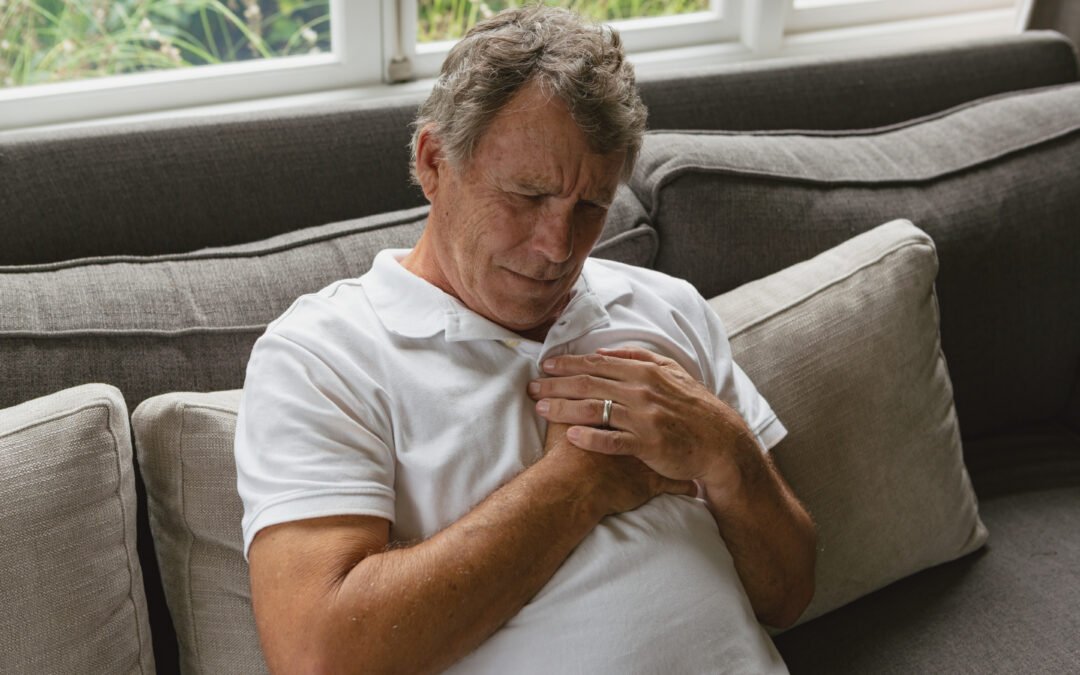Health & Diseases
Medically Reviewed By Physicians
Identifying Signs of Stroke, Heart Attack, and Other Critical Conditions
Welcome to our chapter where we’ll chat about recognizing signs of serious medical emergencies like stroke and heart attack. It’s like having a caring friend by your side, helping you understand when to act fast and get the support you need!
- Signs of Stroke (FAST):
– Face Drooping: One side of the face droops or feels numb. Ask the person to smile to check for facial weakness.
– Arm Weakness: One arm drifts downward or feels weak when raised. Ask the person to raise both arms to assess arm weakness.
– Speech Difficulty: Speech may be slurred or difficult to understand. Ask the person to repeat a simple sentence to evaluate speech impairment.
– Time to Call 911: If you observe any of these signs, it’s essential to call emergency services immediately. Time is critical in stroke treatment, and early intervention can minimize brain damage and improve outcomes.
- Symptoms of Heart Attack:
– Chest Pain or Discomfort: Pressure, tightness, or pain in the chest that may spread to the arms, neck, jaw, or back.
– Shortness of Breath: Difficulty breathing or feeling breathless, often accompanied by chest discomfort.
– Nausea, Indigestion, or Vomiting: Some people may experience gastrointestinal symptoms along with chest pain during a heart attack.
– Sweating, Dizziness, or Lightheadedness: Feeling clammy, dizzy, or faint may occur in conjunction with other heart attack symptoms.
– Immediate Action: If you suspect someone is having a heart attack, call emergency services immediately and administer aspirin if available and not contraindicated.
- Other Critical Conditions:
– Severe Allergic Reactions (Anaphylaxis): Symptoms may include difficulty breathing, swelling of the face or throat, hives, rapid heartbeat, and confusion.
– Seizures: Convulsions, loss of consciousness, muscle stiffness, and jerking movements are common signs of seizures.
– Sudden Cardiac Arrest: Unexpected loss of heart function leading to loss of consciousness, abnormal or absent breathing, and no pulse.
- When to Seek Medical Help:
– Trust your instincts and seek medical assistance if you suspect someone is experiencing a medical emergency.
– Do not delay calling for help, as early intervention can be lifesaving in critical situations.

